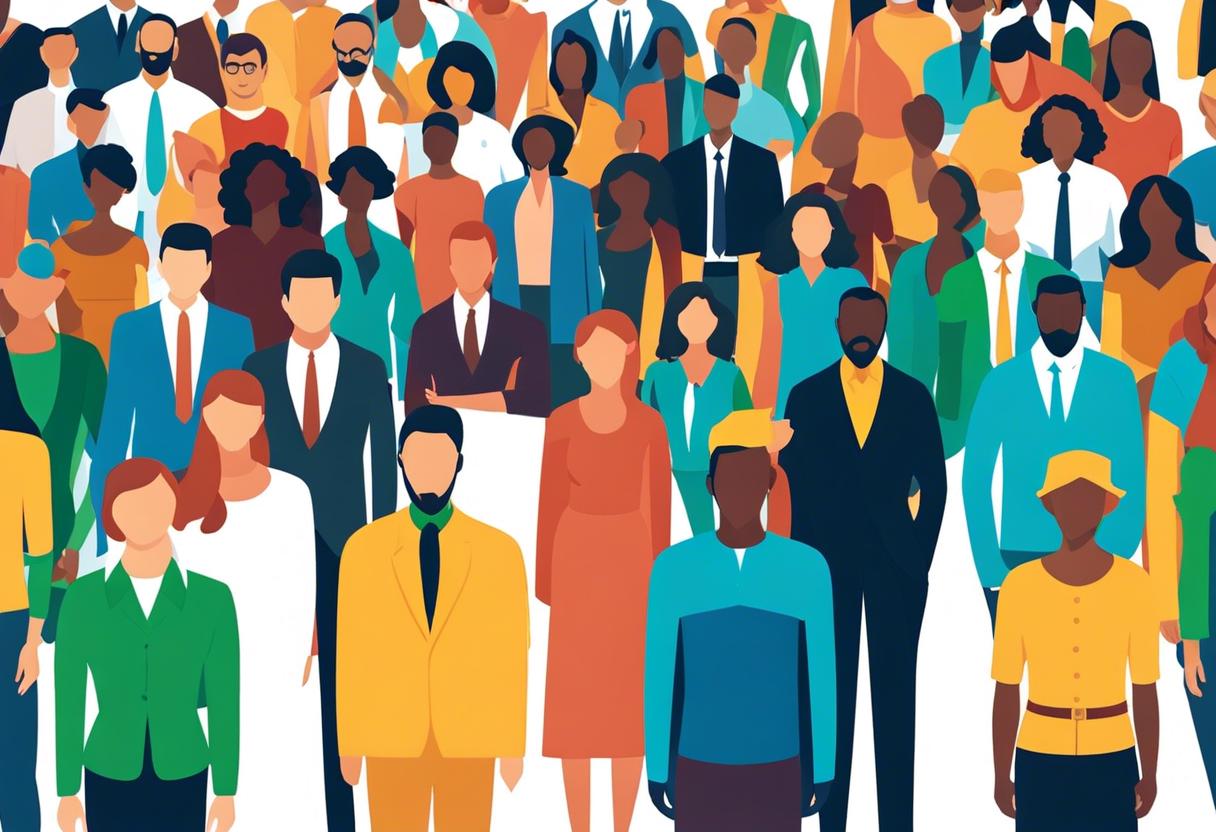The Irish Human Rights and Equality Commission (IHREC) has implored the government to implement measures that make discrimination based on socio-economic status unlawful, before the forthcoming election. The institution has indicated that in spite of vows from multiple previous governments to consider the matter and suggesting potential strategies, the past two decades of deliberations have failed to result in any significant action being taken.
Present legislation in Ireland forbids discrimination on nine grounds, comprising age, disability, race, and gender. However, the IHREC advocates for the inclusion of socio-economic status, suggesting it would significantly enhance the efficacy of the Equality Acts and mark a pivotal alteration in Ireland’s perspective on equality.
Established legally ten years ago, the IHREC’s role encompasses overseeing the Irish legislative framework for any matters relative to human rights and equality.
Roderic O’Gorman, the Minister for Equality, declared a public review of the equality legislation three years prior, indicating it would cover the existing government programme’s commitments to integrating a socio-economic criterion. In response to a query from Independent TD Catherine Connolly in February, O’Gorman expressed his anticipation that the reviewed legislation would be presented in the imminent months.
The IHREC has argued for the inclusion of a ban on discrimination based on socio-economic status, asserting that poverty and social exclusion form hindrances to equal opportunities. It further stated that recognising such a criterion would acknowledge the plight of those with disadvantaged socio-economic status who often confront exclusion from both services and employment, intensifying income and wealth discrepancies. The commission added that wrapping up the review needs to become a priority within the tenure of the current government.
While the government is not obliged to act, the IHREC cited various treaties and conventions that Ireland is party to, underlining the necessity to counter this form of discrimination. It also noted that Irish law is lagging behind international progression and alluded to the rising number of EU and other nations acknowledging this issue in their equality legislation.
Claiming that Irish equality legislation has become ineffective, the IHREC argued that individuals are resorting to the EU’s equal treatment and non-discrimination directive as well as rulings from the European Union’s Court of Justice to initiate or defend cases.
In discussing the matter, the executive of IHREC, Deirdre Malone, expressed that poverty is frequently viewed as a sort of personal shortcoming rather than a systemic hurdle. She stressed that given the current housing crisis and escalating costs of living amongst other issues, it’s crucial that the Irish government seizes the opportunity to establish a future that is firmly rooted in its dedication to human rights and equality. She warned that with less than a year remaining for this administration, failing to act on this opportunity would be a grave mistake.

